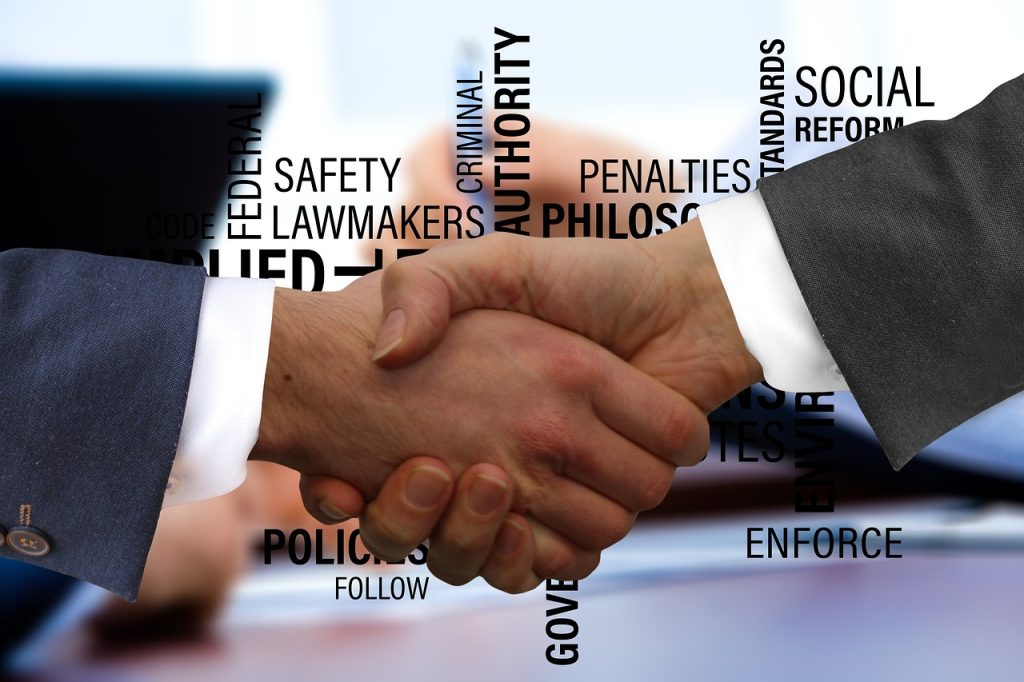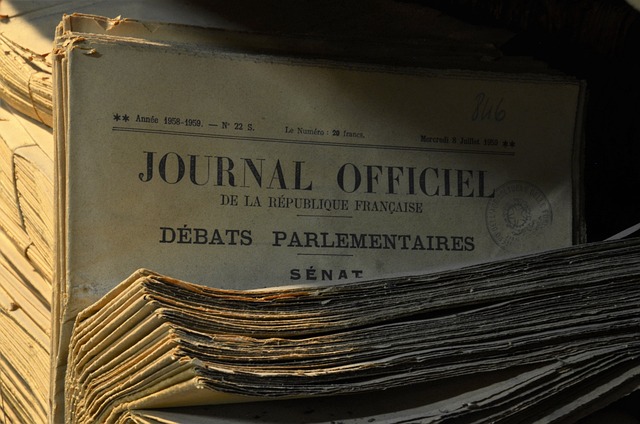Table of Contents
In recent years, political polarization has become a dominant force shaping democratic governance across the globe, particularly in established democracies. This phenomenon, characterized by the widening gulf between political ideologies and the entrenchment of partisan divisions, poses significant challenges to effective governance and threatens the foundational principles of democracy itself.

Understanding Partisan Polarization
Partisan polarization refers to the divergence of political attitudes and preferences to ideological extremes within a political system. In many democracies, this polarization has intensified, leading to increased ideological distance between political parties and their constituents. This trend is driven by various factors, including socio-economic disparities, cultural differences, media fragmentation, and the rise of identity politics.
Challenges to Democratic Governance
- Gridlock and Inefficiency: One of the most immediate consequences of partisan polarization is legislative gridlock. When political parties are deeply divided, it becomes difficult to pass legislation, leading to governmental inefficiency and an inability to address pressing issues such as healthcare reform, infrastructure investment, and environmental protection.
- Erosion of Trust: Polarization also contributes to the erosion of public trust in democratic institutions. When political leaders prioritize partisan gain over the common good, citizens perceive their representatives as more concerned with scoring political points than solving problems. This disillusionment can lead to decreased voter turnout and increased apathy towards democratic processes.
- Policy Instability: Rapid shifts in political power as a result of polarization can lead to policy instability. Policies enacted by one administration may be overturned or undermined by the next, creating uncertainty for businesses, investors, and individuals alike. This instability can stifle economic growth and hinder long-term planning.
- Social Cohesion: Perhaps most concerning is the impact of polarization on social cohesion. When political discourse becomes increasingly polarized, it can exacerbate social divisions and fuel animosity between different segments of society. This can lead to increased social unrest and undermine the very fabric of democratic societies built on principles of pluralism and inclusivity.
Global Perspectives on Polarization
The phenomenon of partisan polarization is not unique to any single country or region. Countries across Europe, North America, and beyond have experienced varying degrees of polarization, each influenced by unique historical, cultural, and economic factors. For example, in the United States, polarization has been exacerbated by geographic clustering of political ideologies, media polarization, and the influence of money in politics.
In Europe, issues such as immigration, nationalism, and the role of the European Union have contributed to polarization, with traditional political alignments shifting and new populist movements emerging. Similarly, countries in Latin America and Asia-Pacific regions have grappled with polarization amidst economic disparities, ethnic tensions, and challenges to democratic institutions.

Mitigating Polarization: A Way Forward
Addressing partisan polarization requires a multi-faceted approach that engages political leaders, civil society, media, and the public at large:
- Promoting Dialogue: Encouraging constructive dialogue across political divides can help foster understanding and bridge ideological differences. Civil society organizations, educational institutions, and media outlets play a crucial role in promoting informed debate and reducing misinformation.
- Electoral Reform: Reforming electoral systems to promote greater inclusivity and representation can mitigate the winner-takes-all dynamics that exacerbate polarization. Measures such as ranked-choice voting and proportional representation may encourage coalition-building and reduce the dominance of two-party systems.
- Civic Education: Investing in civic education from an early age can cultivate a better understanding of democratic principles, critical thinking skills, and civic responsibility. Empowering citizens to engage actively in political processes and hold their representatives accountable is essential for maintaining a healthy democracy.
- Media Literacy: Promoting media literacy and countering disinformation are crucial in combating polarization fueled by misinformation and echo chambers. Supporting independent journalism and fact-checking initiatives can help restore trust in media and promote informed public discourse.

Conclusion
Partisan polarization poses significant challenges to democratic governance by fostering gridlock, eroding trust, and undermining social cohesion. However, by promoting dialogue, reforming electoral systems, investing in civic education, and enhancing media literacy, societies can mitigate polarization’s negative effects and strengthen democratic resilience. Upholding democratic principles requires collective action to ensure that political differences do not overshadow the pursuit of common goals and the well-being of all citizens.
In confronting the complexities of partisan polarization, societies have an opportunity to reaffirm their commitment to democratic ideals and forge a path towards inclusive governance that serves the interests of all.